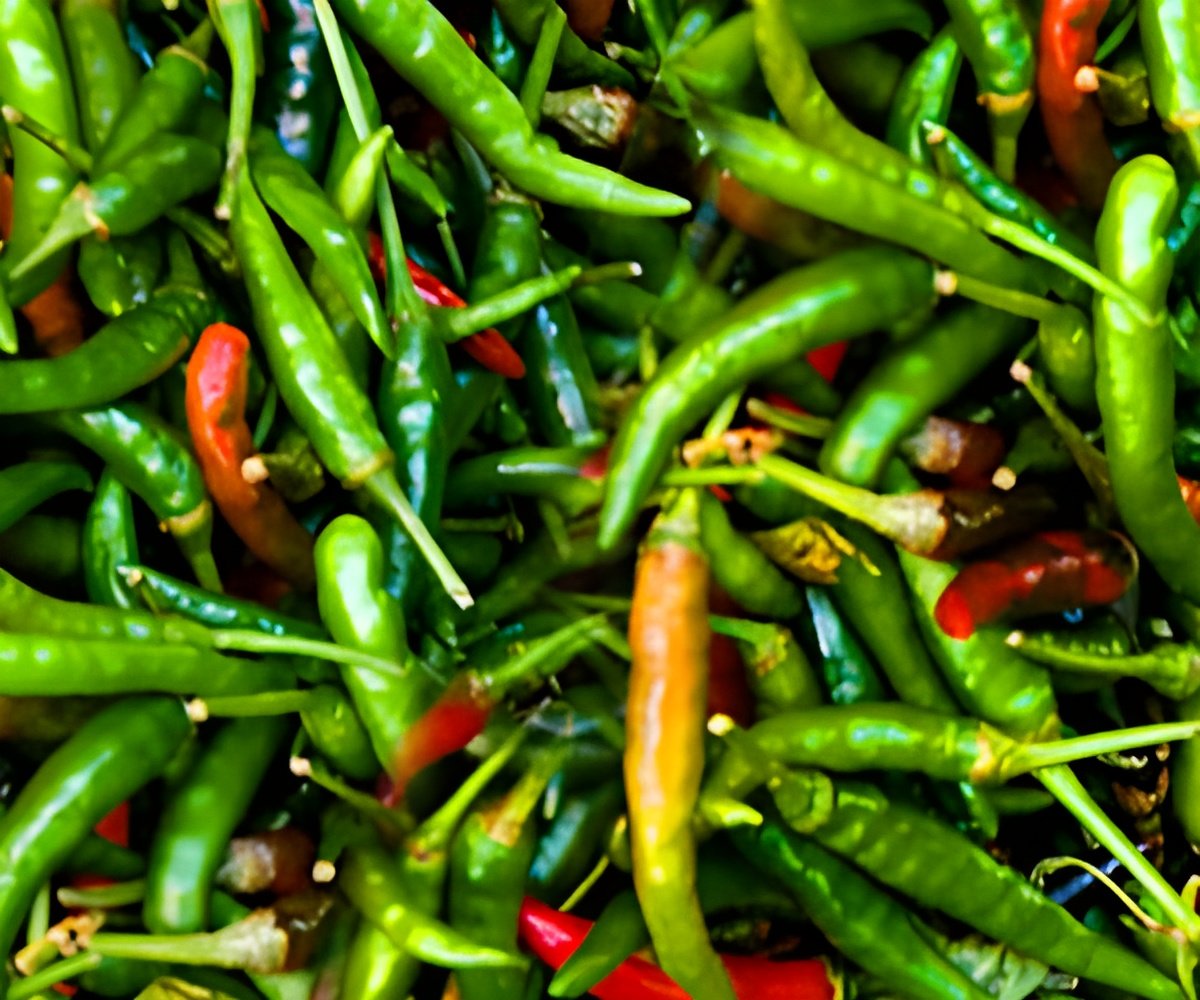Capsaicin, the compound that gives red pepper its heat, could inhibit the growth of fat cells, says a new laboratory study.

"The results of this study clearly showed that capsaicin could inhibit the population growth and the induction of apoptosis [programmed cell death] in 3T3-L1 preadipocytes [cells that can be stimulated to form fat cells]," wrote Gow-Chin Yen and Chin-Lin Hsu in the Journal of Agricultural and Food Chemistry.
The researchers, from the National Chung Hsing University in Taiwan, note that previous studies have suggested that obesity may be reduced by preventing immature fat cells (adipocytes) from developing into mature cells, and other studies have shown that capsaicin can decrease the amount of fat tissue and decrease fat levels in the blood.
Over 300m adults are obese worldwide, according to latest statistics from the WHO and the International Obesity Task Force. About one-quarter of the US adult population is said to be obese, with rates in Western Europe on the rise although not yet at similar levels.
Yen and Hsu used pre-adipocyte cells called 3T3-L1from mice and exposed them to doses between 0 and 250 micromoles solutions of capsaicin and incubated them for 24, 48 and 72 hours, and found that capsaicin inhibited cell population growth in a dose and time dependent manner.
The effects of this inhibition would be at levels just slightly greater than those found in the stomach fluid of an individual eating a typical Indian or Thai diet, the researchers said.
Advertisement
A mechanistic study revealed that capsaicin adversely affected protein expression by the apidocytes, most notably PPARã, which is reported to regulate several genes involved in the formation of fat cells, as well as making body fat.
Advertisement
Capsaicin has been used in folk medicine as a remedy for rheumatism. The humble red chilli pepper has also been in the news recently with research linking the spice to inhibiting the growth of pancreatic cancer cells, as well as a growing body of studies suggesting it may cut fat and energy intake when added to the diet.
Some caution should also be exercised as high intake of hot chillies has been linked with increased risk of stomach cancers in the populations of India and Mexico.
Source-Bio-Bio Technology
SRM











